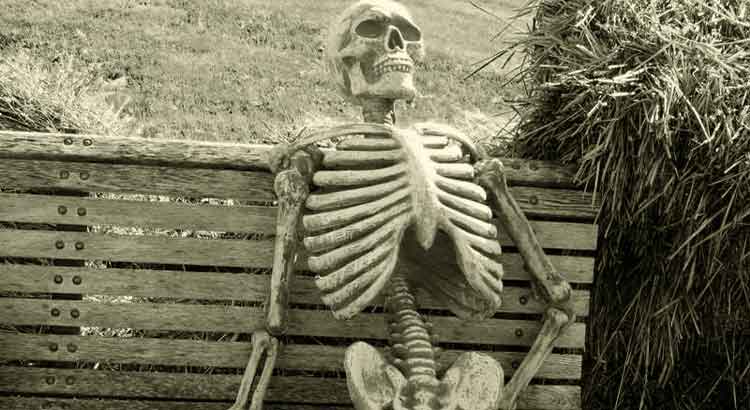Chamfort lines:
Ce que j’admire dans les anciens philosophes, c’est le désir de conformer leurs moeurs à leurs écrits : c’est ce que l’on remarque dans Platon, Théophraste et plusieurs autres. La morale-pratique était si bien la partie essentielle de leur philosophie, que plusieurs furent mis à la tête des écoles, sans avoir rien écrit : tels que Xénocrate, Polémon, Xentippe, etc. Socrate, sans avoir donné un seul ouvrage et sans avoir étudié aucune autre science que la morale, n’en fut pas moins le premier philosophe de son siècle.
Ah, ancient philosophers! Chamfort would be very sad to note the complete break with reality which, if it did not extinguish them in the West, made their appearance exceedingly difficult. Philosophy is doing today with “practical morality” what it does with all other themes: it is transforming it into an abstraction; it is wasting it as the foundation of a logical construction that is detached from the concrete. It is, in fact, the opposite movement. For this reason, it could not even be attributed to error; what happened was an absolute deviation of purpose. The désir of which Chamfort speaks no longer pulsates in the so-called Western philosophers who, certainly, would never see in a Socrates a similar one.



